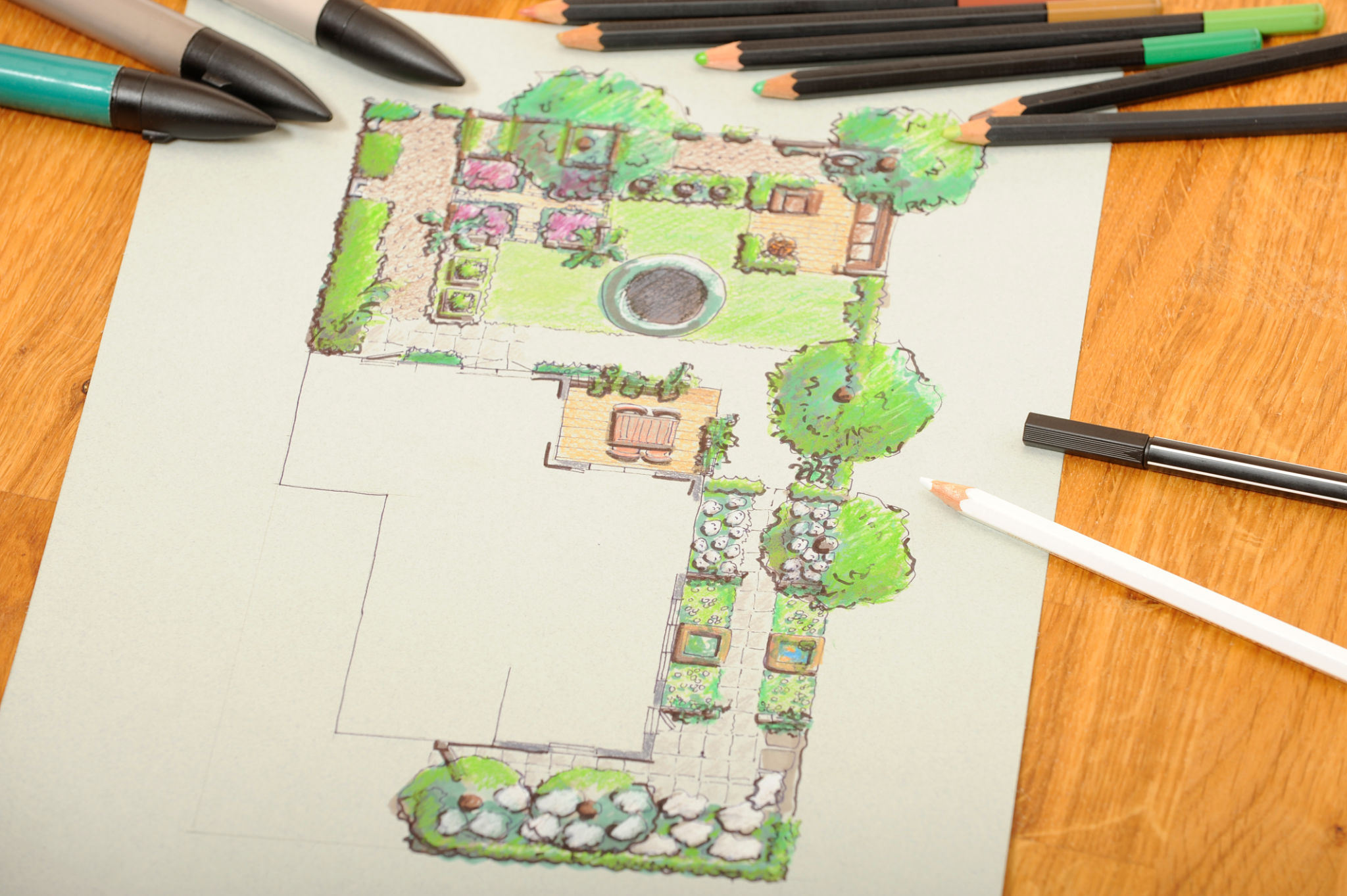Seasonal Tips for Maintaining Your Organic Edible Garden Year-Round
Understanding Seasonal Changes
Maintaining an organic edible garden throughout the year involves adapting to the changing seasons. Each season brings its own set of challenges and opportunities for growth. Understanding these changes can help you make informed decisions about what to plant and how to care for your garden effectively.
Spring is a time of renewal, offering ideal conditions for planting a wide variety of crops. As temperatures rise, it's important to prepare your soil by adding compost and organic matter to enhance fertility. Late spring is perfect for sowing seeds of vegetables like lettuce, carrots, and peas.

Summer Care Tips
With summer comes warmth and sunshine, which can be both a blessing and a challenge for your garden. Watering becomes crucial as the heat increases. It's best to water early in the morning or late in the afternoon to minimize evaporation. Mulching is also recommended to retain moisture and suppress weeds.
Consider planting heat-loving crops such as tomatoes, peppers, and cucumbers during this season. These plants thrive in the summer sun and can provide bountiful harvests with proper care.

Autumn Harvest Strategies
Autumn is a transitional period where you can reap the rewards of your summer efforts. It's an excellent time to harvest root vegetables like potatoes and beets. Additionally, you can plant cool-season crops like broccoli, kale, and spinach as temperatures start to drop.
As leaves begin to fall, use them as mulch or add them to your compost pile. This not only recycles nutrients back into your garden but also prepares your soil for the coming winter months.

Winter Protection
The cold winter months require special attention to ensure your garden remains productive. Protecting your plants from frost is essential. You can use row covers, cloches, or cold frames to shield them from harsh temperatures.
Certain hardy crops like garlic, onions, and winter greens can still thrive with minimal intervention. Focus on maintaining soil health by adding organic matter and consider planting cover crops to improve soil structure.
Year-Round Planning
A successful year-round garden requires careful planning and crop rotation. Rotating your crops helps prevent soil depletion and reduces the risk of disease. Plan your garden layout based on seasonal changes and the specific needs of each plant.
Keeping a gardening journal can be beneficial for tracking what works best for your garden through each season. Documenting your observations will help you refine your approach in subsequent years, ensuring continual improvement and success.

Embracing Organic Practices
Adopting organic practices is key to maintaining a healthy edible garden. Avoid using chemical fertilizers and pesticides, opting instead for natural alternatives like compost tea or neem oil. These practices not only benefit your plants but also promote environmental sustainability.
Encouraging biodiversity by planting a variety of crops and attracting beneficial insects can naturally manage pests and enhance pollination. This holistic approach contributes to a balanced and thriving garden ecosystem.
Conclusion
By adapting to seasonal changes and embracing organic practices, you can enjoy a productive edible garden all year long. Each season offers unique opportunities to grow different crops and improve your gardening skills. With careful planning and dedication, you can create a sustainable garden that provides fresh produce regardless of the time of year.
